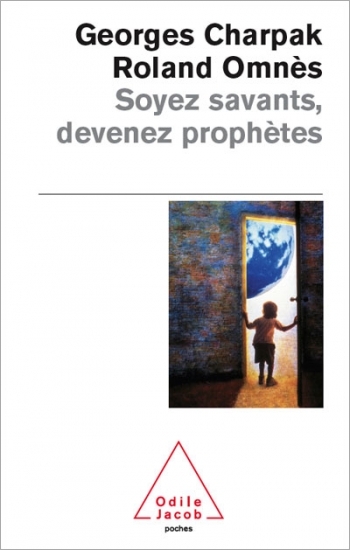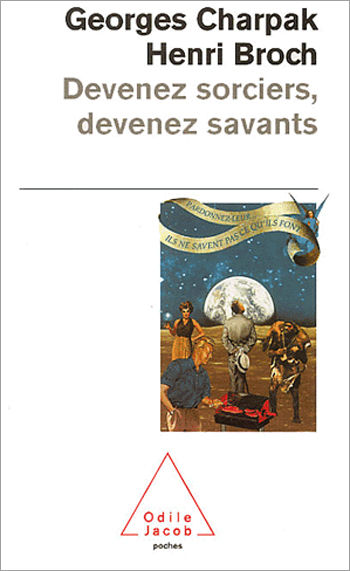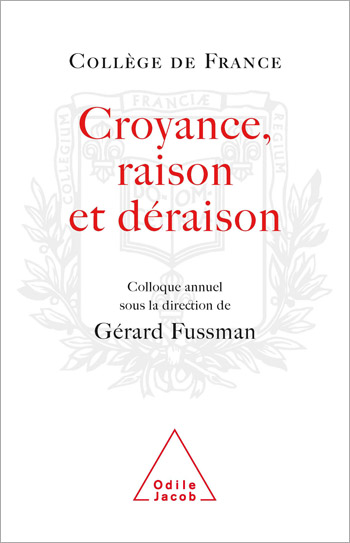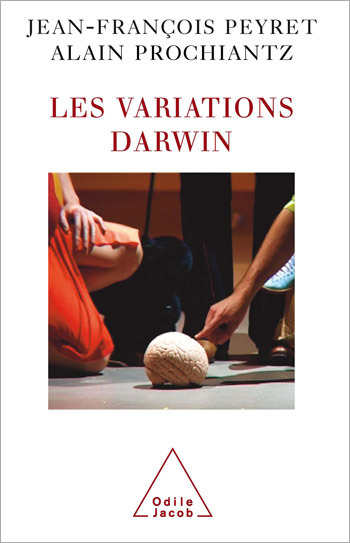Results for the keyword science
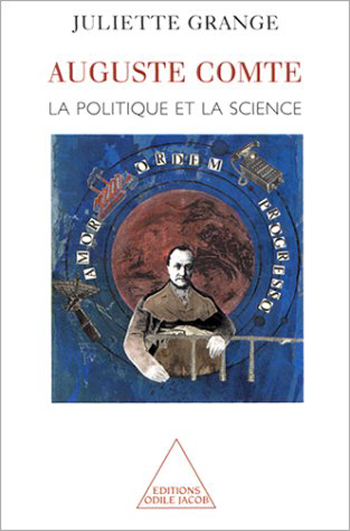
Juliette Grange
Auguste Comte - Politics and Science
The writings of Auguste Comte are often reduced to a few excerpts and stereotypes, and as a result the judgement of "positivism" is quickly reached. Yet, industrial politics, the organisation of research, and the influence of the exact sciences on the way we regard politics, all eminently modern themes, lie at the heart of his thought. Therefore, this book, by one of the best French specialists, offers an original rereading of Comte and ultimately opens the way for a more personal reflection on the nature of the relations between science and politics as they exist today. Juliette Grange is a professor at the University of Nancy-II
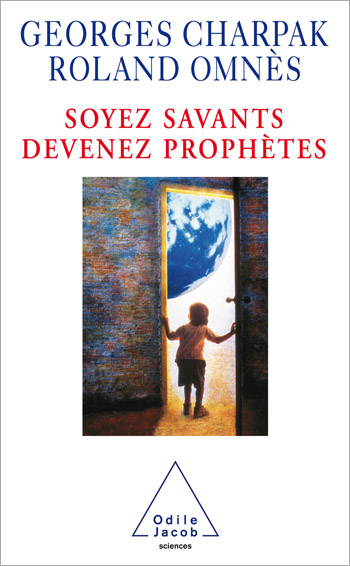
Georges Charpak, Roland Omnès
Becoming a Magician is Becoming Prophet
In a simple, accessible style the authors address questions that we all ask ourselves about science: Why hasn't science made human beings wiser? Hasn't it even had the opposite effect, rendering humans' criminal tendencies even more devastating? To answer these questions, the authors develop the idea that the advent and triumph of modern science have induced a profound change in humanity because science has given human beings the capacity to understand and master phenomena occurring on the microscopic level - a scale that is alien to them. Some of the fundamental elements of contemporary physics are presented here in game form. The authors argue that physics has left free human beings face to face with an equally free interplay of natural forces and that, without causality and finality, the world has become deprived of meaning. It is therefore hardly surprising that many have taken refuge in religion. But the authors propose an alternative to religion, arguing that we can fulfil our modernity by helping our children develop their love of experimentation so that they can discover the meaning of things for themselves - instead of embracing ideologies that can only be imposed through terror. Georges Charpak is a physicist and Nobel Prize Laureate in Physics. Roland Omnès is a physicist and Emeritus Professor at the University of Paris XI-Orsay.
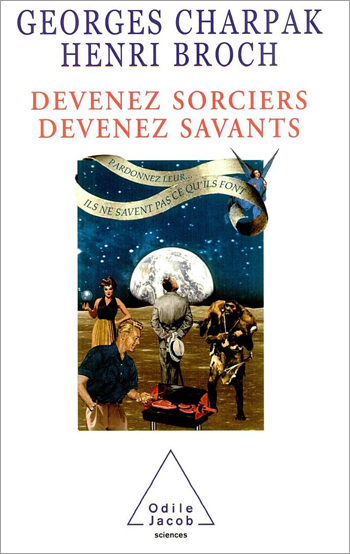
Georges Charpak, Henri Broch
Becoming a Magician is Becoming Wise
Would you like to know how to burn out a light bulb from afar? Would you like to know how to walk barefoot on burning coals without scorching your feet and as comfortably as if you were walking on the softest deep-pile rug? And would you like to understand why this is possible? Magic here has simply switched sides: it no longer belongs to the realm of the supernatural; it has become completely natural.The goal of this book is to make the reader understand that the supernatural does not exist and that it is essential in todays world to be scientifically literate. Georges Charpak, a physicist at CERN, is a winner of the Nobel Prize for Physics. Henri Broch heads the Laboratoire de Zététique at the University of Nice-Sophia Antipolis.
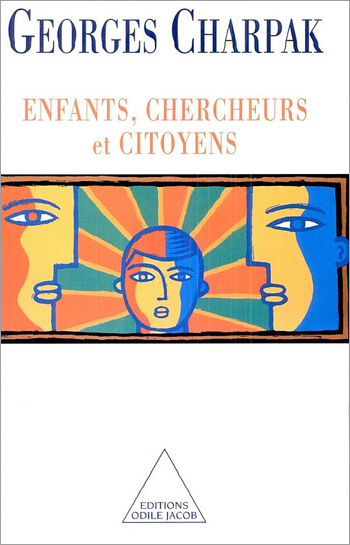
Georges Charpak
Children, Researchers and Citizens
Georges Charpak has taken the initiative for a complete reform of our methods of science teaching. He proposes a teaching method based on creativity and problem-solving, instead of the old theoretical, book-based approach. This book recounts the experiences of two teams of French educators in a research institution created by Leon Lederman in Chicago, and the lessons which we can take from their experiences. Pollens shows that to learn is to discover, and that it is in discovering that one learns. Georges Charpak is a Nobel laureate in physics, and the author of La vie à fil tendu and Feux follets et champignons nucléaires, both published by Editions Odile Jacob.

